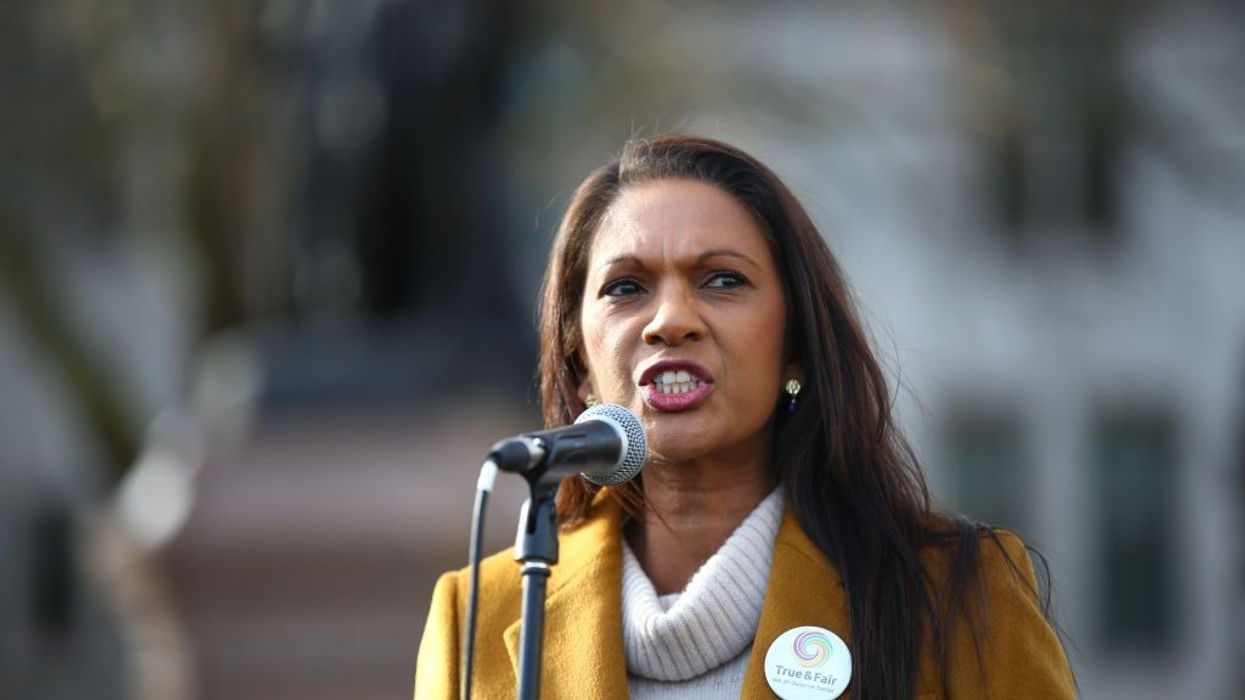BUSINESSWOMAN and anti-Brexit campaigner, Gina Miller, has said that access to banking for new parties needed in ‘functioning democracy’.
Her comments came after Monzo informed Miller that a bank account for her political party, True and Fair party, would be closed in September.
The bank initially refused to tell the politician the reason behind the decision. However, the bank told the BBC that it did not allow political party accounts and had made a mistake in allowing it to be opened.
“That is the bigger issue, the fact that as a new insurgent political party you have no access to banking services, which is extraordinary in a democracy," Miller was quoted as saying by the PA news agency.
“I think the government and the Financial Conduct Authority (FCA) have got to step in straight away because if this happened – we lose our account in September for Monzo, and then another bank or our new provider decides that they will use this same rule saying: ‘Oh well, we don’t accept political parties’ – then we in effect won’t exist.
“We wouldn’t be able to operate because we wouldn’t have any access to any banking services.”
Now, the party has found a small institution to bank with but, Miller fears a turn around in future.
According to her, nine banks had turned down the True and Fair party before it got the account with Monzo in November 2021.
Miller made headlines by successfully challenging the government's approach to Brexit on two occasions. In 2019, the Supreme Court ruled in her favour, determining that Boris Johnson's suspension of Parliament was unlawful.
Earlier this month, Miller received an email from the bank stating that they regretfully couldn't disclose the reason for closing her account. The bank mentioned that they regularly review and may close accounts as part of their legal and regulatory obligations.
The issue of 'debanking' has been in the spotlight recently, particularly after the high-profile incident involving Nigel Farage, the former leader of the Brexit Party.
Farage discovered documents showing that Coutts bank had considered his political beliefs when closing his account. As a result of the controversy, both the CEO of Coutts and the head of NatWest, the bank's parent company, have resigned from their positions, the BBC reported.
Farage tweeted his support, saying: "This is just plain wrong at every level. I stand with @thatginamiller."
Former cabinet minister Jacob Rees-Mogg said that Miller's case indicated that 'there is something rotten in the state of British banking'.
"Like lots of banks, we do not accept any political parties as Monzo Business customers in the same way that we don't currently accept trusts, clubs and a range of other organisations," a spokeswoman for the bank is reported to have said.
"In this case, the account wasn't originally categorised as a political party. After this was identified and corrected, the customer was given notice that the account would be closed. We recognise that this experience will have been frustrating for the customer and we're sorry for that."





